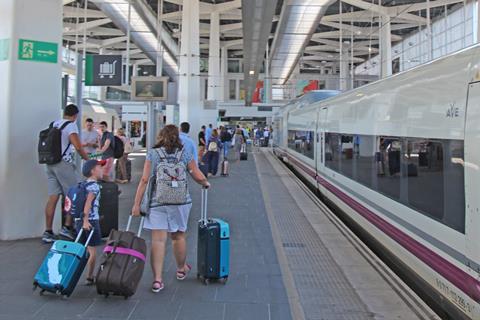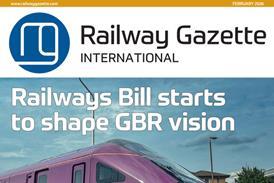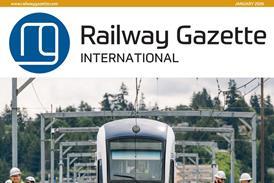
SPAIN: Commitments which national train operator RENFE made to address the European Commission’s concerns regarding the supply of data to rival ticketing retailers have been made legally binding under EU antitrust rules.
‘Today’s decision opens up competition in online rail ticketing services in Spain’, said Margrethe Vestager, Commission Executive Vice-President in charge of competition policy, on January 17. ‘From now on, independent ticketing platforms will have access to all the information necessary to innovate and compete effectively with RENFE’s online distribution channels. This is crucial for more affordable rail services and promoting environmentally-friendly means of transport.’
RENFE’s commitments were welcomed by Agustin Reyna, Director of Legal & Economic Affairs at European consumer organisation BEUC, who called on the Commission to introduce a Multimodal Digital Mobility Services Regulation. He said ’the issues identified in Spain must also be dealt with EU-wide so all consumers can benefit from simpler, more transparent, competitive and diverse ticketing options.’
Investigation and commitments
In April 2023 the Commission opened a formal investigation over concerns that RENFE may have abused its dominant market position by refusing to provide rival ticketing platforms with full content regarding its real-time service data and its range of tickets, discounts and features.
In response, RENFE offered commitments, including:
- to make available to third-party ticketing platforms all the current and future content and real-time data displayed on any of its own online channels by February 29 2024. There are limited exceptions where RENFE is required to launch a tender procedure to grant access;
- to require from third-party ticketing platforms a maximum monthly average Look-to-Book ratio of no less than either 600, 200 or 140, depending on the number of availability requests made by the platforms. L2B is the ratio between the number of availability requests and the number of sales. RENFE will be allowed to temporarily suspend a rival platform’s access only if it exceeds the maximum, and this affects RENFE’s sales system or immediately threatens to impede sales;
- the failed reservation request rate must not exceed 4%, with a maximum monthly unavailability rate of 1% between 06.00 and 23.00 as of 2025.
The commitments contain a non-circumvention clause whereby RENFE commits not to hamper access to content and real-time data.
The Commission concluded that the commitments would address its concerns, and decided to make them legally binding on RENFE for an indefinite period. Implementation will be monitored by a trustee appointed by RENFE who will report to the Commission for 10 years.









